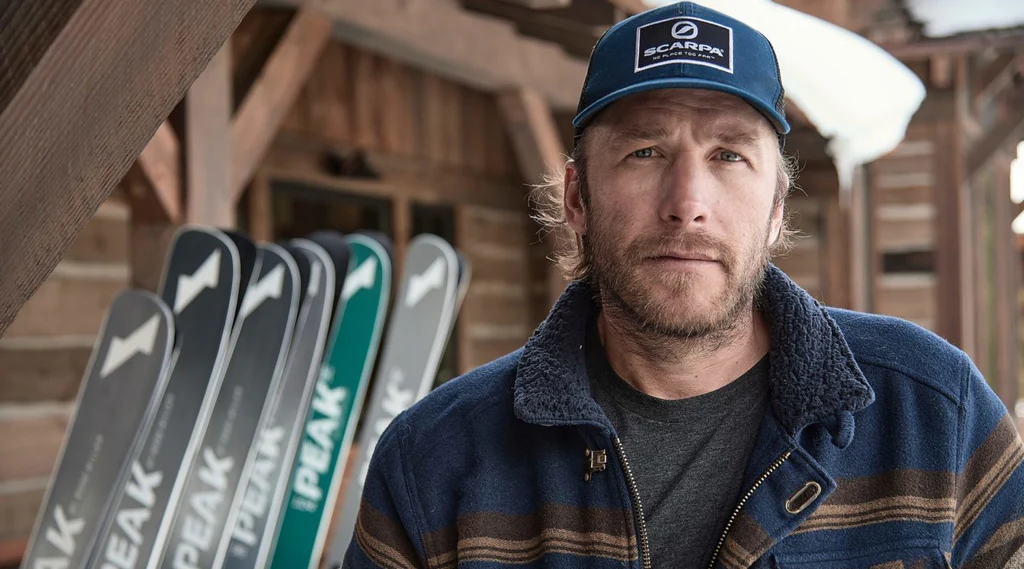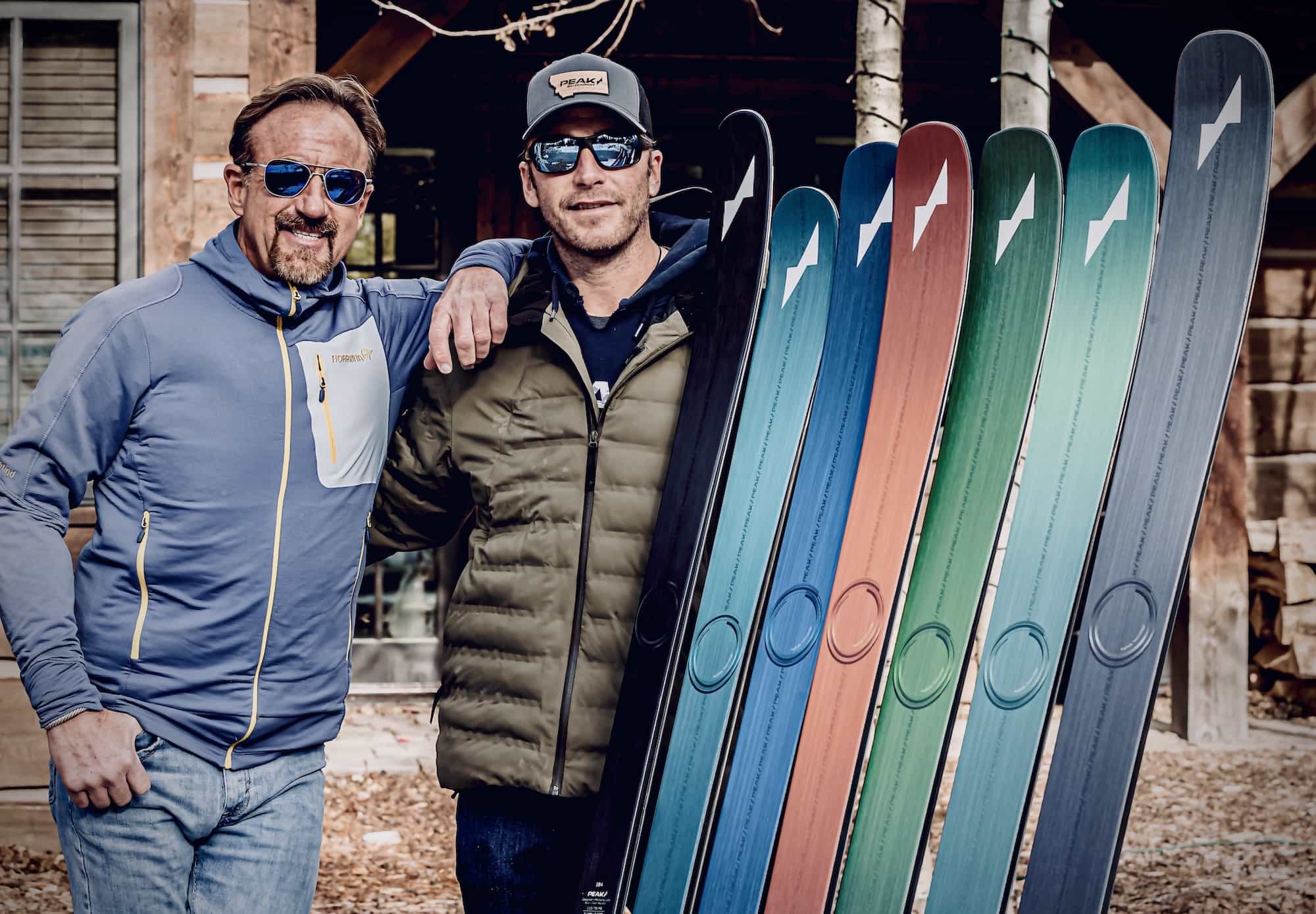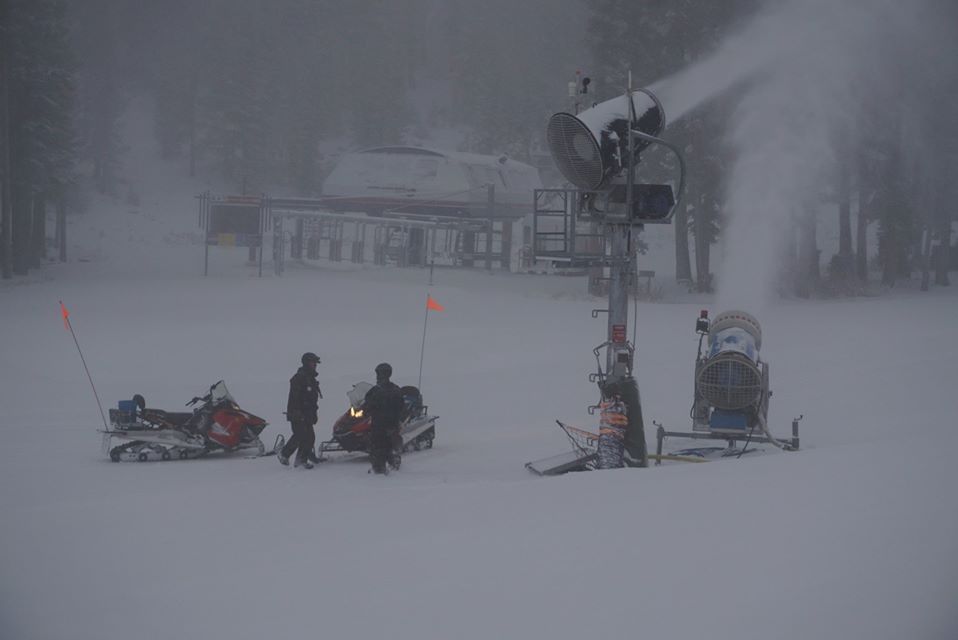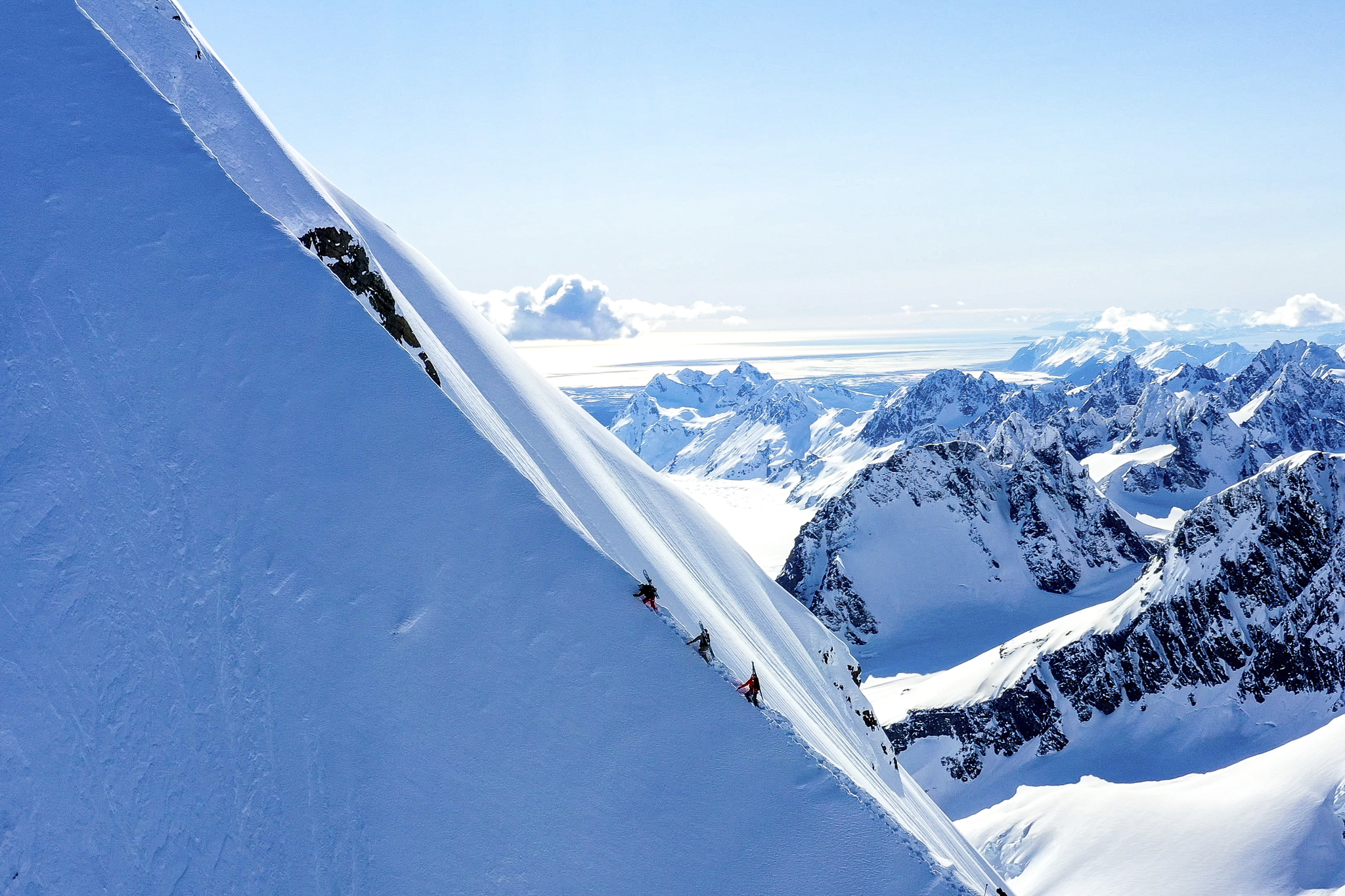
The ski industry is a notoriously challenging and competitive business, with numerous moving parts and uncontrollable variables that make profitability elusive. This reality doesn’t just affect ski resorts—it extends to every business orbiting the ski world, from local shops and outfitters to clothing, apparel, and gear suppliers.
Peak Skis was founded in 2021 by former pro skier Bode Miller and former Squaw Valley, California, CEO and big mountain skier Andy Wirth. The brand quickly made waves: early reviews hailed Peak’s skis as among the best on the market, thanks to the ingenuity and expertise of a product design team led by Miller himself. Yet, in just four years, Peak Skis went from an exciting newcomer to the brink of collapse.
The company’s debut skis earned unprecedented ratings, acclaim, and awards from leading ski test publications. Much of the buzz centered on Peak’s proprietary KeyHole Technology—an oval cutaway in the upper layer of each ski. This innovation was designed to make skis more forgiving and versatile, allowing easier turn initiation and adaptability to varied terrain. Off-trail, the KeyHole reduced the sidecut on wider models, improving tracking in soft, crusted, or unconsolidated backcountry snow.
- Related: SnowBrains Father’s Day Gift Guide: 11 Incredible Ideas for the Skiing Dad That Has Everything

Peak Skis also assembled an impressive roster of athletes, including Chris Davenport, Michelle Parker, JT Holmes, and Miller himself. Their involvement lent instant credibility, but star athletes alone couldn’t guarantee business success.
In its first year, Peak Skis sold over 4,000 skis and generated nearly $3 million in revenue. However, by the end of 2022, the company reported $2.84 million in revenue, a gross margin of 49%, and a significant monthly burn rate of $530,553. Despite raising $8 million in earlier funding rounds and reaching a $36 million valuation during a 2023 crowdfunding campaign, Peak Skis was not profitable, posting a net loss of $6.37 million for the year. By the end of 2022, the company’s financial runway had dwindled to just 0.6 months, signaling an urgent need for additional capital.
Signs of trouble soon surfaced. In January, freeskier Michelle Parker announced her return to the Atomic Skis team after representing Peak. While Parker did not comment publicly, an industry source revealed that some Peak athletes and promoters had not received payment.
In February 2023, Peak Ski Company surprised many by offering a significant discount: buy one pair of Peak Skis by Bode Miller and get another pair at 50% off. Such aggressive promotions were unexpected for a young brand. Another surprise followed in November 2023, when Peak announced a crowdfunding initiative with Republic Group, a New York-based investment firm. This campaign, launched after Peak’s primary capital raise, invited ski enthusiasts to invest directly in the company’s future. For some, the crowdfunding push was the clearest sign yet that Peak Skis was in severe financial distress.
Peak Skis launched with remarkable momentum, powered by Bode Miller’s star power and a roster of top athletes. However, whispers about financial trouble persisted within the industry. Once seen as a bold new player with high-profile talent and ambitious goals, Peak now faces growing doubts about its long-term viability. Whether the brand can engineer a comeback, or become another cautionary tale in the world of performance gear startups, remains to be seen.
As of Tuesday, Peak Skis’ website was offline, although its social media accounts are still active. SnowBrains reached out to the company for comment but has not received a response.




